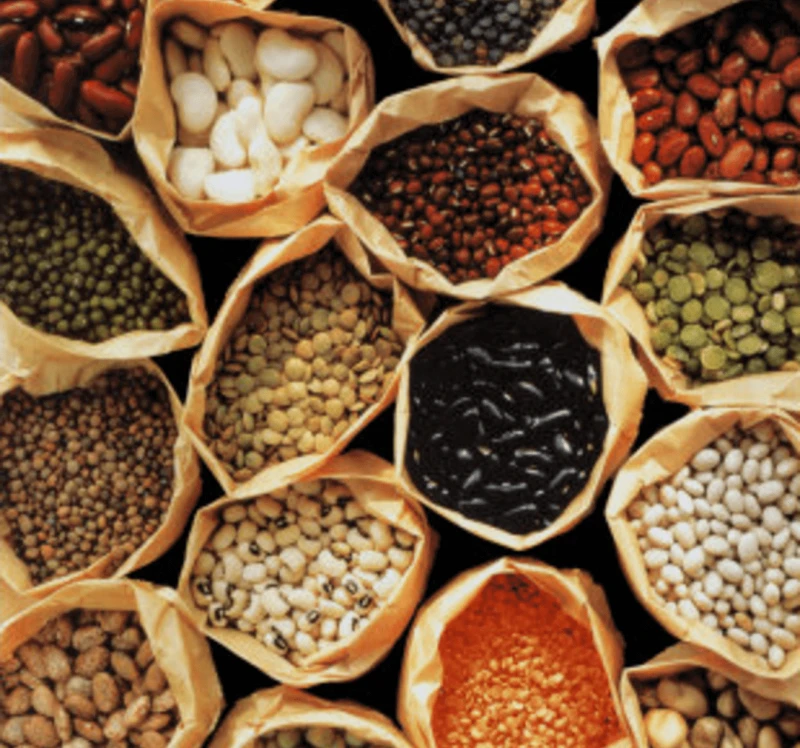Understanding plant biodiversity: Myths and facts
Understanding plant biodiversity: Myths and facts
Nazimi Acikgoz | No Chance to Food Crisis | August 18, 2025
XLinkedInFacebookRedditBlueskyThreads

[W]hen we say “lost genetic diversity”, everyone understands extinction both in terms of species and variety. The registered varieties have a limited life span. Indeed, thousands of varieties cultivated become obsolete due to changing climate, soil, diseases and pests, etc., and new varieties come to replace them. Rice varieties of the 1950s-1960s such as Maratelli, Ribe, Gritna have really disappeared. But rice cultivation continues this time with new varieties such as the new Osmancık and Boyabat Castle. But there is no loss or depletion in species …. [T]he lifespan of annual plant varieties is 5-10 years. On the other hand, varieties that will adapt to new conditions are bred and registered by agricultural research institutes, universities and private seed companies and offered to farmers. Because these varieties are not planted by farmers, but they are preserved in numerous gene banks.
Follow the latest news and policy debates on sustainable agriculture, biomedicine, and other ‘disruptive’ innovations. Subscribe to our newsletter.
ETC activists included issues such as “genetic engineering, synthetic pesticides, patents, nanotechnology” in their campaigns against modern technologies in the agricultural sector. And this approach had a negative impact on the agricultural development and even the economy of many countries.
This is an excerpt. Read the original post here
XLinkedInFacebookRedditBlueskyThreads
 | Videos | More... |

Video: Nuclear energy will destroy us? Global warming is an existential threat? Chemicals are massacring bees? Donate to the Green Industrial Complex!
 | Bees & Pollinators | More... |

GLP podcast: Science journalism is a mess. Here’s how to fix it

Mosquito massacre: Can we safely tackle malaria with a CRISPR gene drive?

Are we facing an ‘Insect Apocalypse’ caused by ‘intensive, industrial’ farming and agricultural chemicals? The media say yes; Science says ‘no’
 | Infographics | More... |

Infographic: Global regulatory and health research agencies on whether glyphosate causes cancer
Does glyphosate—the world's most heavily-used herbicide—pose serious harm to humans? Is it carcinogenic? Those issues are of both legal and ...
 | GMO FAQs | More... |

Why is there controversy over GMO foods but not GMO drugs?
Genetic Literacy Project

How are GMOs labeled around the world?
Genetic Literacy Project

How does genetic engineering differ from conventional breeding?
Genetic Literacy Project
 | GLP Profiles | More... |

Alex Jones: Right-wing conspiracy theorist stokes fear of GMOs, pesticides to sell ‘health supplements’





 Viewpoint — Fact checking MAHA mythmakers: How wellness influencers and RFK, Jr. undermine American science and health
Viewpoint — Fact checking MAHA mythmakers: How wellness influencers and RFK, Jr. undermine American science and health Viewpoint: Video — Big Solar is gobbling up productive agricultural land and hurting farmers yet providing little energy or sustainabilty gains
Viewpoint: Video — Big Solar is gobbling up productive agricultural land and hurting farmers yet providing little energy or sustainabilty gains Fighting deforestation with CO2: Biotechnology breakthrough creates sustainable palm oil alternative for cosmetics
Fighting deforestation with CO2: Biotechnology breakthrough creates sustainable palm oil alternative for cosmetics Trust issues: What happens when therapists use ChatGPT?
Trust issues: What happens when therapists use ChatGPT? 30-year-old tomato line shows genetic resistance to devastating virus
30-year-old tomato line shows genetic resistance to devastating virus California, Washington, Oregon forge immunization alliance to safeguard vaccine access against federal undermining
California, Washington, Oregon forge immunization alliance to safeguard vaccine access against federal undermining The free-range chicken dilemma: Better for birds, but with substantial costs
The free-range chicken dilemma: Better for birds, but with substantial costs ‘You have to treat the brain first’: Rethinking chronic pain with Sanjay Gupta
‘You have to treat the brain first’: Rethinking chronic pain with Sanjay Gupta
